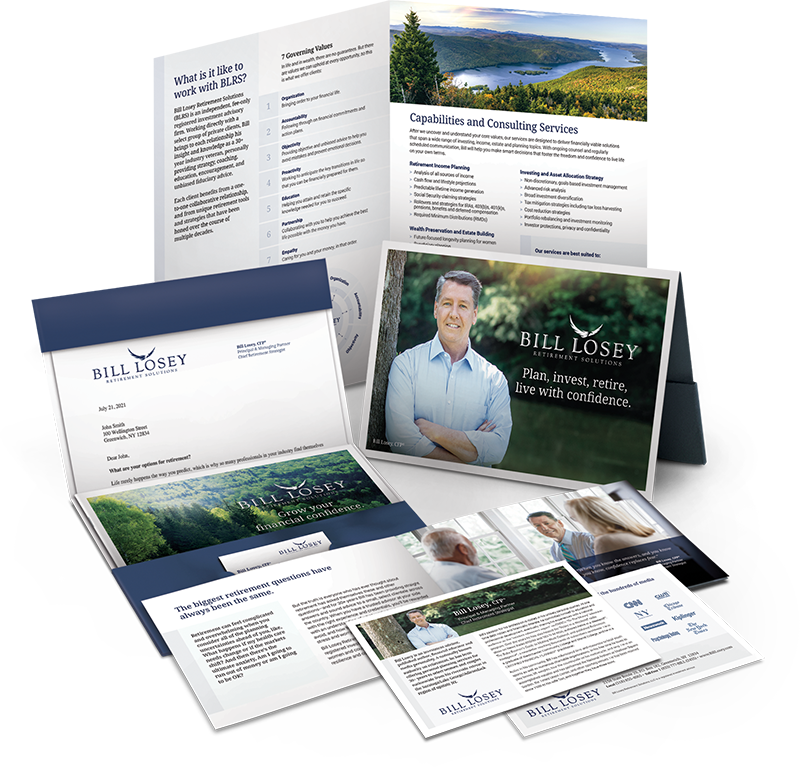Women & Wealth: A Pivot Towards Retirement
Retirement is a significant transition, and it can bring both challenges and opportunities for women who have spent many years focused on their careers. For women approaching retirement age, it is crucial to consider various tips and strategies to ensure a smooth and fulfilling transition. An elegant pivot from work life to a life of one’s own requires careful consideration. A woman retiring at 65 may live another two decades or more. That’s not only a long time to finance, it’s also a long time to figure out how to fill your life with meaningful activities.1
A Change of Identity
Retirement can change a woman’s identity, especially those who have worked in the same profession for many years. Exploring new interests and finding a new sense of purpose could involve taking on a new job title, pursuing a passion, or simply embracing new hobbies and activities. But you’ll enjoy your retirement more if you start thinking about establishing the new “you” independent of your career.
Addressing Your Finances
One of the first steps to take when preparing for retirement is to address financial matters. This includes reviewing your estate strategy, getting all necessary documents in order, and having contingency plans in place for the emergencies and the unexpected. Consider meeting with a financial professional before and after retiring to help establish that the appropriate steps are being taken.
Pivot to a New Career
For women concerned about their savings or Social Security benefits, considering part-time work, working from home, or starting a small business can provide income and social interaction. You have the choice here to ease into retirement while still keeping active and engaged. The Department of Labor says that women are more likely to work part time in retirement. Many part-time jobs may not have retirement plans, making it necessary to plan accordingly.1
Another option for women is volunteering. Many miss the engagement and challenge of the workforce, and volunteering allows them to dedicate their time to helping others while gaining personal fulfillment. Volunteering can be a way to stay connected to the community while making a difference.
Now that you have the time, why not try something new? Taking classes is also a way for women to continue learning and growing in retirement. Many courses covering various topics are available online or in person, allowing you to explore new interests and stay mentally active.
Focus on Your Health
Beyond addressing financial matters and finding ways to stay engaged, women must prioritize their health in retirement. This includes eating a balanced diet, exercising regularly, and getting the right amount of sleep. But your overall health includes more than just your physical body. Social engagement is also essential for happiness and health. Even for natural homebodies, spending time with others can have a positive impact.
It’s essential to remember that adjusting to retirement takes time (18-36 months). Transitioning into retirement can be a significant change for women who have dedicated many years to their careers. However, with careful preparation and consideration, women can make the most of this new phase of life. By addressing financial matters, finding ways to stay engaged, prioritizing health, and exploring new interests, women can embrace retirement as a new beginning and enjoy a fulfilling and rewarding experience. It is normal to experience a range of emotions after retirement, but these feelings will likely change over time. Being patient with yourself and understanding that it is a process may help alleviate frustration.
1. Dol.gov, September 14, 2023


